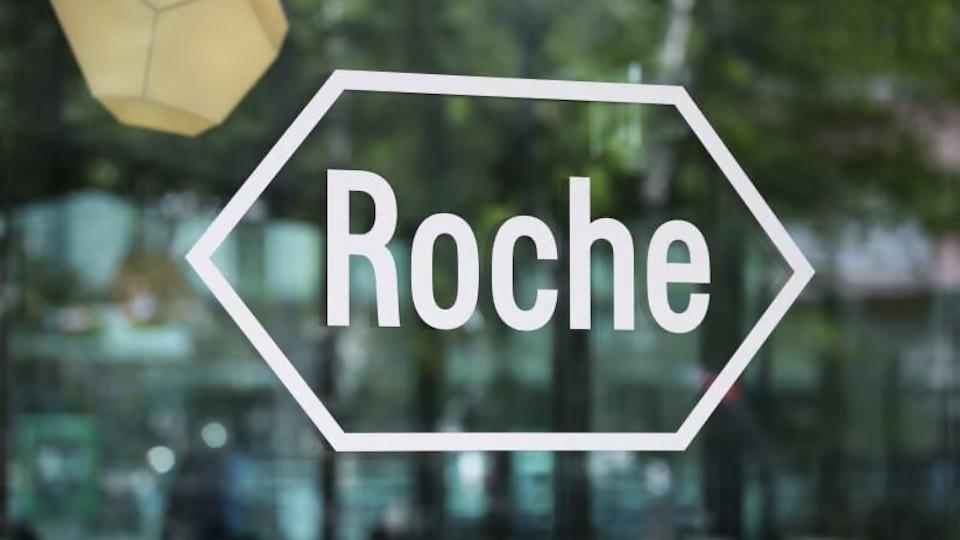Roche reveals first data with Carmot-sourced oral GLP-1 drug

Roche has reported early-stage clinical data with an oral GLP-1 agonist acquired as part of its $3.1 billion takeover of Carmot Therapeutics as it tries to catch up with the leaders in the fast-growing category.
The new results are from a phase 1 trial of a once-daily pill called CT-966, which revealed an average weight loss of 7.3% at four weeks in the study population of obese patients without diabetes, compared to a 1.2% reduction with placebo.
The drug was also well tolerated, with mostly mild or moderate gastrointestinal-related adverse events that Roche said were "consistent with the safety profile of the incretin drug class," and will now progress to phase 2.
The results come just a few weeks after a once-weekly injectable GLP-1 drug CT-388 – also sourced from Carmot – achieved an average weight loss of 18.8% at 24 weeks in a phase 1b trial, which the company said pointed to a potential "best-in-class" profile.
That result sparked a near-5% increase in Roche's share price, and the latest announcement had a similar effect, with the stock up just over 5% at the time of writing.
The group's chief medical officer, Levi Garraway, said that the new oral data reveals "clinically meaningful" weight loss, "which could eventually help patients address both chronic weight management and glycaemic control."
There were no treatment discontinuations with the drug, and blood levels were similar in patients who were in a fasting state as well as those who had just consumed a high-fat meal. That means it could be dosed without considering meal timings, which is a consideration with some drugs in the oral GLP-1 class.
For example, Novo Nordisk's oral formulation of semaglutide for diabetes – Rybelsus – needs to be dosed in the fasting state, with patients not eating or drinking for at least 30 minutes afterwards.
There's no doubt that Roche is playing catchup in the category, one of a lengthening list of pharma companies that are hoping to hit on effective 'me-too' products that can make a dent in the substantial lead held by market leaders Novo Nordisk and Eli Lilly, which already have injectable GLP-1s for diabetes and obesity on the market.
Novo Nordisk and Lilly are also working on orally active therapies to expand their portfolios. Lilly said in June that its orforglipron candidate achieved a near-15% weight loss after 36 weeks in a mid-stage trial, while Novo Nordisk has said it is preparing to file an oral semaglutide formulation for obesity later this year, and also has early-stage results for a next-generation candidate called amycretin.
Last week, meanwhile, Pfizer selected a once-daily formulation of its oral GLP-1 drug danuglipron as its preferred candidate for further development.
Analysts at JP Morgan recently doubled their predictions for the incretin class to $71 billion within the next 10 years. Novo Nordisk and Lilly share the bulk of the market, while other market watchers believe the overall value can go higher. GlobalData, for example, has forecast that the market could reach more than $125 billion in seven key markets by 2033.













